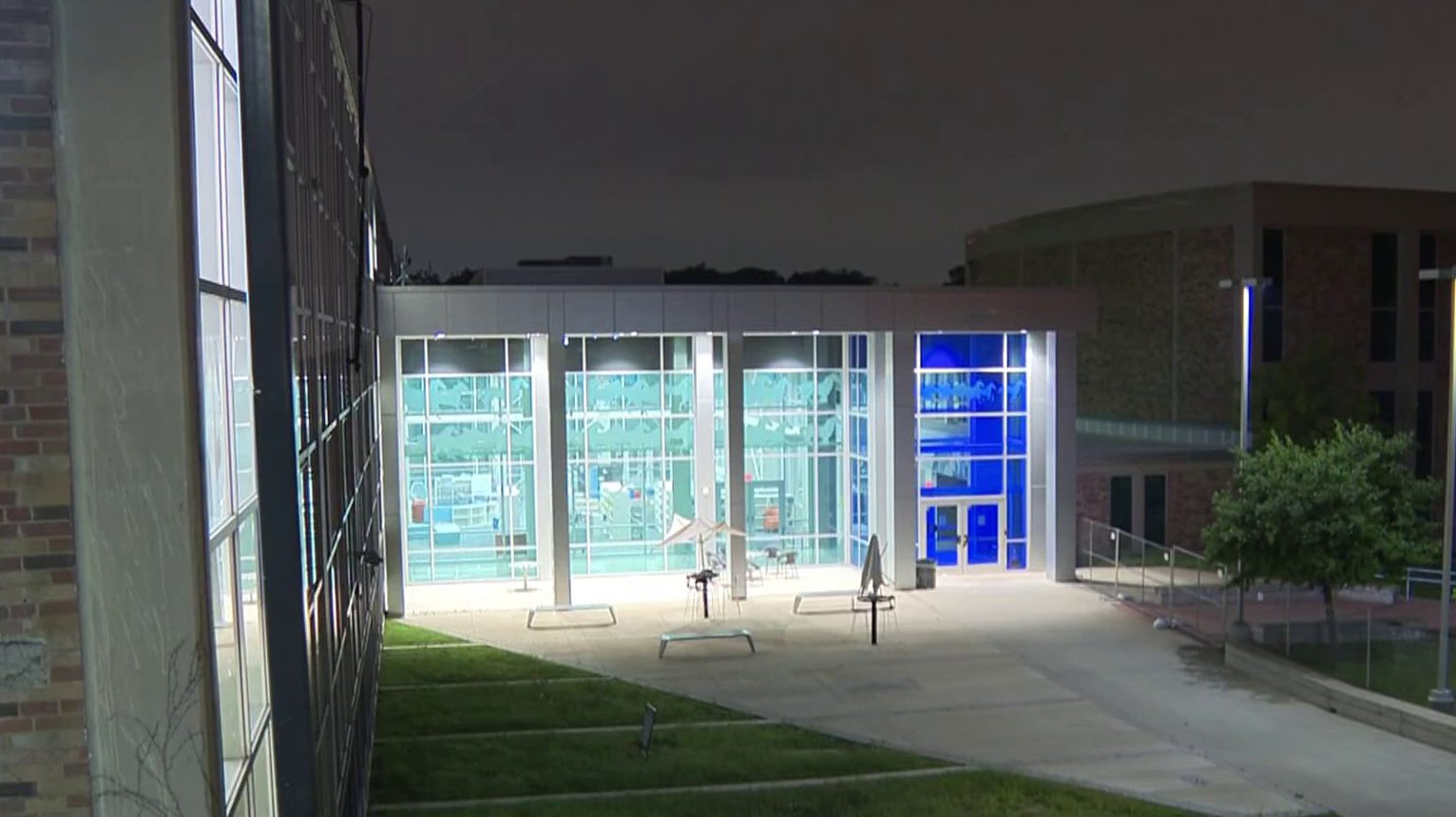Starting Monday anyone over the age of 16 will be able to receive a COVID-19 vaccine if they want to which medical professionals say will help lead to herd immunity, but some remain hesitant to sign up.
In a recent Kaiser Family Foundation survey, 31% of people who took part said they would "wait and see" before getting a COVID-19 vaccine.
"I think it was really more of the long term effect, how are we really going to respond to it and stuff, and that's one of the reasons why I was more hesitant," said Vicki Miller, 61, who ended up receiving her first dose on Sunday at Fair Park in Dallas.
She said she almost didn't show up and even had some family members who were opposed to her getting the vaccine, but she decided to move forward with it based on her age and activity in the community.
Get DFW local news, weather forecasts and entertainment stories to your inbox. Sign up for NBC DFW newsletters.
"But my sisters have gotten it, a lot of friends that I know have gotten it, so I just decided, I'm 61, and I thought I better go ahead and do it," explained Miller. "Just to protect others and myself really."
Dr. Manvinder Kainth with Maple Primary Care said she continues to field many questions from patients who are on the fence about getting vaccinated.
"I'm still hearing a lot about reservations of getting the vaccine but I can say those reservations are going down I think as we get more and more people vaccinated," Kainth said.
Local
The latest news from around North Texas.
She suggests that people ask their doctor many questions.
“It’s okay to ask your doctor about the vaccine, it's okay to ask your doctor about the differences between the vaccines and what they know about the risks vs benefits, have that conversation so you can feel comfortable getting the vaccine," explained Kainth.
She said the risk of getting infected with the virus still remains high, and people also have to think about that.
"Then we have to think, what is our risk of getting moderate to severe effects from the COVID-19 infection, and we do know statistically that somewhere between .5% and 1.5% and that may not sound very high to a lot of people, but when you think about how many infections we get, it's very very high," explained Kainth.
Since the pandemic started, according to the Texas Department of State Health Services, 47,156 Texans have died due to COVID-19 since 2020.
“What I try to stress to people is that this virus is unpredictable and it’s unpredictable for all of us, but what we do know is that it causes deaths," said Kainth.
The state of Texas is expected to receive more than a million doses this week as the eligibility increases.
Doctors say herd immunity is above 70%. For example in Dallas County, researchers at the Parkland Center for Clinical Innovation said about 11% of residents are vaccinated while 36% have antibodies from beating the virus. That's 45%, but herd immunity is achieved at 70 to 80%.
"The vaccine specifically has not been tested for long-term effects, this vaccine was made scientifically just like we made other vaccines so what I tell my patients is we have to put our trust in science and put our trusts of what we know in other vaccines to be able to know this is safe," said Kainth.
She said she knows people are waiting to see what happens, but urges people to get vaccinated as soon as possible if it's available to them.
"This pandemic has really opened our eyes to the fear of the unknown and I ask that everyone put their trust in science, put their trust in the medical professionals that they do have relationships with and listen to their advice and have conversations," Kainth said.



